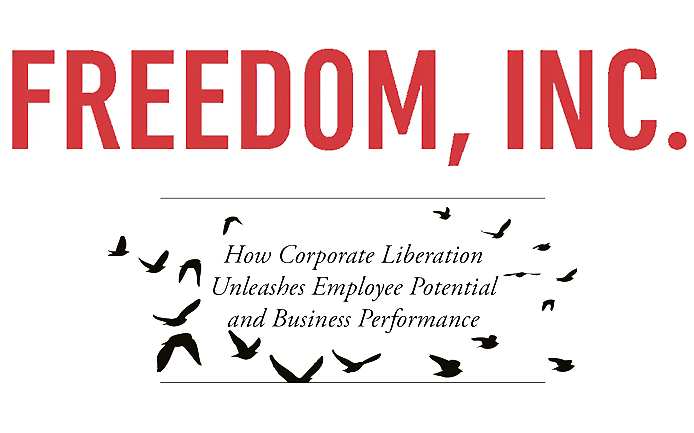Brian reacts to Henry Blodget’s TBI article
Brian Carney
Henry Blodget at The Business Insider has posed a holiday question for his readers: Should his business have a vacation policy? (Full disclosure: My brother John works with Henry and would be affected by the answer to this question. I do not know what John’s preference is. I write this from my own perspective.)
Blodget notes in his post:
In practice, therefore, our vacation policy seems to be “We’re all adults here, so take as much time as you want. Just make sure you communicate clearly ahead of time and make sure your responsibilities are covered. And, of course, make sure that you do a great job.”
That’s the practice. The theory, as at most companies, is that employees get a specified number of vacation days, which they may or may not be able to “bank,” or carry over into future years, and so on. I knew one long-time employee of Harvard who had accumulated close to a year of vacation time over several decades. She had gotten to the point that she was worried she might retire before she was able to use it all.
Some employers are quite strict about logging all this stuff, with forms to fill out and process and periodic statements sent to employees and the rest. But many, especially if they don’t allow days to be carried over, don’t pay a lot of attention. At other companies, it may vary from department to department, or even employee to employee, if a manager decides that certain people “need watching,” while letting others get by on trust.
But Blodget has, as I suspect he’s aware, hit on an even deeper issue than whether employees get 15 days, or 10, or 25, of vacation. Vacation policies are one of those class of policies that, while designed to set a floor under something–attendance at work in this case–become a ceiling as a practical matter. If employees can’t save up their vacation days from year to year, they try to make sure they use them. In some cases, they do this even they didn’t particularly want or need to use them. The psychology becomes, “They’re mine, after all. I’m entitled to them.”
Consider in this context the following from Freedom, Inc.:
A psychologist found himself disturbed by a group of kids that one day had come to play football under his window, making a lot of noise. So he went out and said: “You guys are really great. I enjoy watching you so much that every time you come to play here I will give you one dollar each.” And he gave a dollar to each kid. The next day, when the kids were again enthusiastically playing football, he came out and said: “I really enjoy watching you but the thing is that I have no bills, just coins today. I can give you two quarters each.” The kids were not delighted with this pay cut, but took the money and continued to play. The story continues until after two days, the psychologist offered them just a penny each, which one of them proudly refused and said: “We are not going to play here for a damn penny.” And the kids never came back, much to the satisfaction of the psychologist.
Many psychologists think that this “experiment” is apocryphal, but it continues to circulate because it reflects what they know from hundreds of real experiments: If you take people who are deeply engaged in something because they enjoy it and then you offer them tangible rewards for doing it, a shift happens. Mentally, people establish a causal link between these rewards and the activity—something psychologists call a perceived locus of causality—and this link will undermine the initial, intrinsic cause they had for the activity, such as considering it enjoyable or important.
A vacation policy has a similar effect on employees’ psychology. It becomes part of the baseline that they demand from their jobs, and so instantly ceases to be a motivating factor in their work.
Blodget touches on something even more profound at the bottom of his post, where he says:
We don’t want to end up with an empty office all the time (though, if we do, folks probably won’t be satisfying the requirement that they do a great job–and we will have hired the wrong folks).
This sort of fear–that if no maximum is set, some people, and perhaps even most people, will take “everything”–is, as Henry notes, both unfounded and a symptom, if it were proved true, of a larger problem. In Freedom, Inc. Gordon Forward of Chaparral Steel talks of the danger of “managing for the 3%.” In a large enough organization, there might be a couple of people who would take two or three months’ vacation–but if a vacation policy is the only thing holding them back from that, they’re probably “vacationing” at their desks anyway. And so the policy is concealing the problem with that “3%,” not eliminating it.
The rest of your employees don’t need a policy. Not only that, but your policy, designed to maximize what you get out of your employees, may well be encouraging them to take more time off than they need.
This is the sort of unseen, unaccounted-for cost of policy making and top-down control that is rife in highly centralized companies. Vacation policies are just the tip of the iceberg.







See numerous comments to this post on:
http://www.businessinsider.com/yes-you-should-eliminate-your-vacation-policy-2009-12#comments